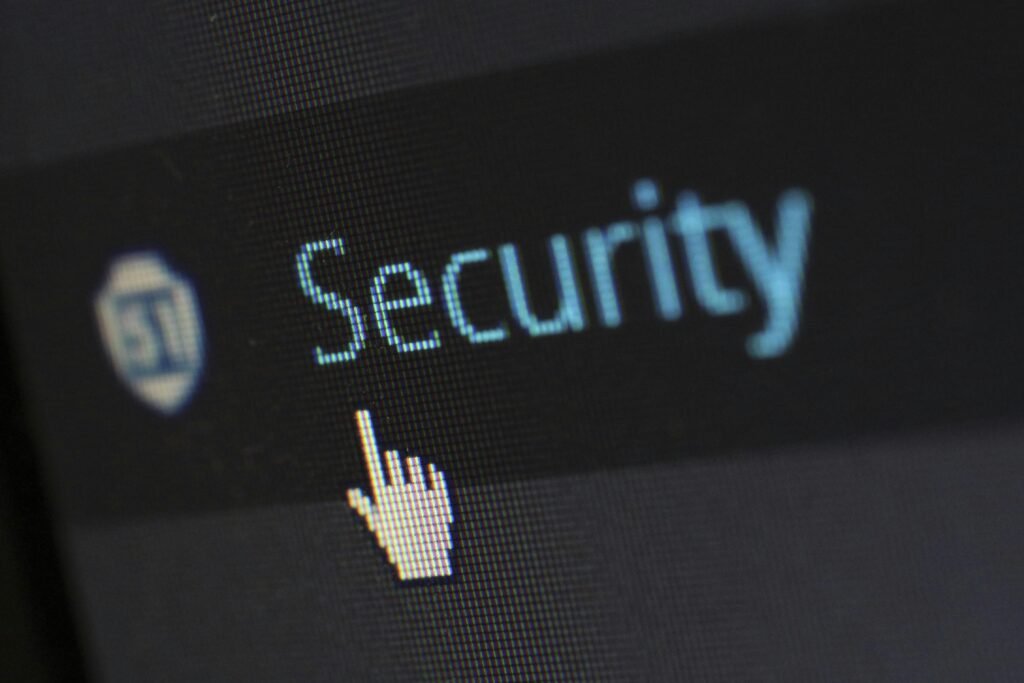Traveling? 5 Digital Safety Mistakes People Still Make at Airports and Hotels

From free airport Wi-Fi to hotel room smart TVs, travel can be a goldmine for cybercriminals. Many travellers still overlook simple digital safety steps, leaving their personal data exposed. Here are the five most common mistakes — and how to avoid them on your next trip.
Travel is exciting. New destinations, fresh experiences, and the thrill of being somewhere different. But in between flight gates and check-in desks, it’s easy to forget that airports and hotels can also be prime hunting grounds for hackers and scammers.
Cybercriminals love these environments for one simple reason: people let their guard down. You’re tired from a long journey, juggling luggage, or distracted by trip planning. In that moment, you’re far more likely to take shortcuts with your digital safety — shortcuts criminals are ready to exploit.
Here are the five most common mistakes people still make when travelling, and how you can avoid joining their ranks.
1. Connecting to public Wi-Fi without protection
That “free airport Wi-Fi” might cost you more than you think.
Public Wi-Fi networks — especially in airports, hotels, and cafés — are notoriously risky. On unsecured networks, hackers can intercept your data, monitor your browsing, and even capture login credentials. Worse, some criminals set up fake “free Wi-Fi” hotspots designed purely to steal information.
How to avoid it:
- If possible, avoid public Wi-Fi altogether and use your mobile data.
- If you must connect, use a VPN (Virtual Private Network) to encrypt your traffic.
- Always log out of accounts before disconnecting and avoid logging into sensitive services like online banking on public networks.
2. Charging devices at public USB stations
That convenient charging point could be a trap.
Airports and hotels increasingly offer free USB charging stations, but these can be compromised with “juice jacking” devices — malicious hardware hidden inside that can install malware or steal data while your phone charges.
How to avoid it:
- Carry your own wall charger and plug into a standard electrical socket instead of a public USB port.
- Use a “USB data blocker” adapter, which allows power to pass through but blocks data transfer.
- Keep devices charged before you travel to reduce reliance on public charging points.
3. Leaving devices unattended or unlocked
It only takes a few seconds for someone to steal your device — or the data on it.
Travellers often leave laptops or tablets unattended while grabbing a coffee or walk away from a table in a hotel lounge with their phone still sitting there. Even if the device isn’t stolen, an unlocked screen gives someone the opportunity to copy files or plant malicious software.
How to avoid it:
- Always keep devices with you or secure them in a locked bag or hotel safe.
- Enable automatic screen locks that activate after a minute of inactivity.
- Use biometric authentication (fingerprint or face ID) for quick but secure unlocking.
4. Oversharing your location and travel plans online
Your social media post could be the perfect invitation for a cybercriminal.
Many people can’t resist posting boarding pass photos, location check-ins, or hotel room views online. While it might seem harmless, this information can be used to target you with travel-related scams or even compromise your home security while you’re away.
How to avoid it:
- Post about your trip after you return, rather than while you’re there.
- Be mindful of photos that reveal personal information, like booking numbers or boarding passes.
- Limit location sharing to trusted friends or private groups.
5. Trusting hotel technology without caution
That smart TV or business centre PC isn’t necessarily secure.
Hotels often offer “smart” features — TVs you can log into with your streaming accounts, in-room tablets, or shared computers in the business centre. The problem? These devices may store your login details, or have outdated security, making them vulnerable to attack.
How to avoid it:
- Always log out of any accounts before you leave the room.
- Avoid entering sensitive passwords on public or shared devices.
- If possible, use your own devices for work and entertainment rather than relying on hotel tech.
Building better travel habits
Staying safe while travelling isn’t about paranoia — it’s about building habits that make you a harder target. A few simple steps, like using a VPN, keeping devices locked, and waiting until you’re home to share your trip online, can drastically cut your risk.
Think of it like travel insurance: you hope you never need it, but it’s worth having in place just in case. In the same way, good digital safety habits are there to protect you from the unexpected — whether that’s a compromised hotel network or a thief with a quick hand.
The bottom line
Airports and hotels are designed to make travel smoother and more enjoyable. Unfortunately, they also create opportunities for cybercriminals looking for easy wins.
By avoiding these five common mistakes, you’re not just protecting your devices — you’re protecting your identity, your finances, and your peace of mind.
Because while adventures are best shared, your personal data isn’t part of the souvenir list.
